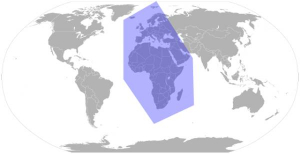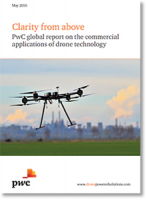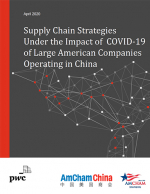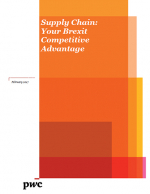Business-Not-As-Usual: Tackling the Impact of Climate Change on Supply Chain Risk
How can organisations start to mitigate the potential disruption on supply chains due to climate change risk?
While climate change and increasing temperatures now seem inevitable, there are high levels of uncertainty about the manifestations and magnitude of their impact. What is certain, though, is that climate change will have a multiplier effect on supply chain risk.
In 2010, Russia suffered a severe heat wave. The resulting economic losses were estimated to be US$15bn as drought and wildfires destroyed crops, particularly wheat. The knock-on effect was export restrictions on wheat in Russia, which contributed to global price increases.
Anticipating and responding to risks is business-as-usual for all sectors. This example is from the agricultural sector. It is one of many one could choose from sectors that are dependent on physical produce, such as agricultural, fuel or mining and metals commodities. These industries are no strangers to dealing with the risks of supply-chain disruption (e.g. wheat shortages), both man-made (export restrictions) and natural (weather, drought, etc.). What is changing is the complexity of the risks, their interdependence with other risks and the wide-reaching, contagious impact they have (e.g. global price rises).
But the other major factor set to exacerbate supply-chain risk is climate change. Often overlooked, climate change adds to complexity. It amplifies or alters existing risks, for example raw material availability (e.g. water, energy) or transport disruption due to extreme weather events. The resulting shocks on the global supply chain can be severe and persistent.
So climate change is a ‘risk multiplier’. But businesses have yet to gain the full measure of its effect on their supply chains. How serious? How soon? How likely? How wide? How to mitigate?
What’s Related




Favorites





